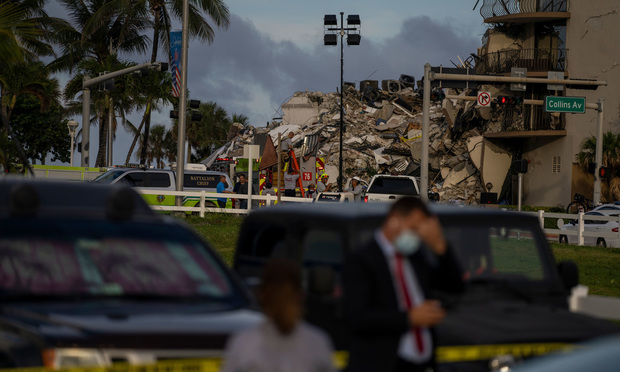The business of insurance relies upon predictive indicators of risk exposure. So how will a seemingly (and hopefully) rare event like the Surfside condo collapse impact the way that condominium association-owned buildings model? Does the fact that a board of laypeople is tasked with decisions affecting the structural integrity of condo buildings influence the insurability of those buildings? If so, Florida residents will likely see a continued decline in the availability of property insurance coverage from Florida licensed insurers.
Florida’s property and casualty insurance industry has been struggling to withstand a period of extreme turbulence during the past four years. Not only was the state hit with multiple major hurricanes from 2017-2019, but Florida’s legal landscape foreseeably contributed to the storms’ litigious aftermath. In fact, at least one study found that Florida insurers are paying out more in legal costs than actual indemnity payments owed to insureds. Although the legislature has taken some remedial action to retroactively address a few common causes, such as the 2019 AOB reforms and more recently with SB 76, Florida carriers were already issuing non-renewals in an effort to reel in their risk exposure.







